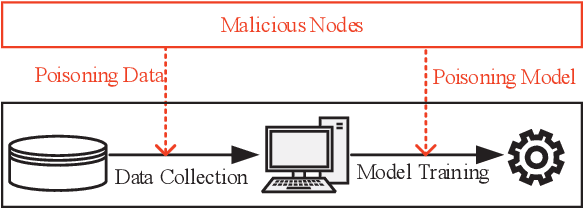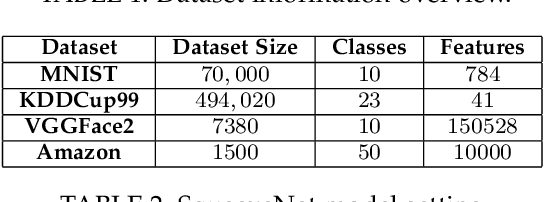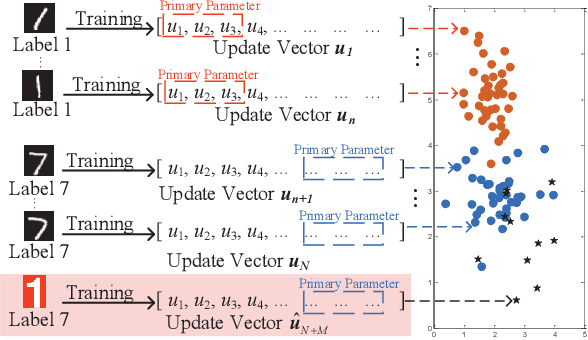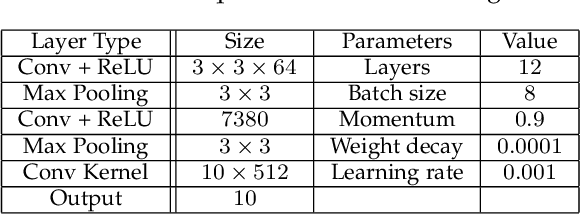LoMar: A Local Defense Against Poisoning Attack on Federated Learning
Paper and Code
Jan 08, 2022



Federated learning (FL) provides a high efficient decentralized machine learning framework, where the training data remains distributed at remote clients in a network. Though FL enables a privacy-preserving mobile edge computing framework using IoT devices, recent studies have shown that this approach is susceptible to poisoning attacks from the side of remote clients. To address the poisoning attacks on FL, we provide a \textit{two-phase} defense algorithm called {Lo}cal {Ma}licious Facto{r} (LoMar). In phase I, LoMar scores model updates from each remote client by measuring the relative distribution over their neighbors using a kernel density estimation method. In phase II, an optimal threshold is approximated to distinguish malicious and clean updates from a statistical perspective. Comprehensive experiments on four real-world datasets have been conducted, and the experimental results show that our defense strategy can effectively protect the FL system. {Specifically, the defense performance on Amazon dataset under a label-flipping attack indicates that, compared with FG+Krum, LoMar increases the target label testing accuracy from $96.0\%$ to $98.8\%$, and the overall averaged testing accuracy from $90.1\%$ to $97.0\%$.
 Add to Chrome
Add to Chrome Add to Firefox
Add to Firefox Add to Edge
Add to Edge